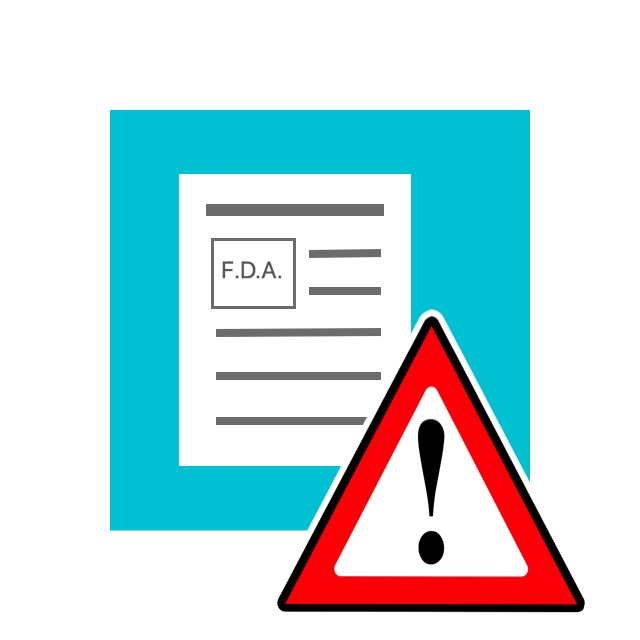
According to the AAAAI, an allergist/immunologist has the training to evaluate allergic reactions to vaccines, as well as recognize and treat anaphylaxis, which is a serious, life-threatening allergic reaction.
READ ARTICLE HIDE ARTICLE
Milwaukee, WI – A new clinical trial looking at allergic reactions to the Moderna and Pfizer-BioNTech COVID-19 vaccines demonstrates the expertise of the allergist/immunologist. An allergist/immunologist has the necessary training to evaluate allergic reactions to vaccines, as well as recognize and treat a serious, life-threatening allergic reaction called anaphylaxis, according to the American Academy of Allergy, Asthma & Immunology (AAAAI).
The study, titled Systemic Allergic Reactions to SARS-CoV-2 Vaccination, is sponsored and funded by the National Institute of Allergy and Infectious Diseases (NIAID). Allergist/immunologists will play a critical role in the research, serving as study co-chairs and site investigators at the 35 academic allergy research centers across the United States that will be participating.
“One of the very important features of this study is that it addresses a common fear of individuals who have had anaphylaxis or a severe allergic reaction to a food, a drug, a vaccine or an insect sting. These individuals oftentimes are very concerned about taking a new medication or receiving a vaccine and, because of these fears, they refuse a much-needed medication or an important immunization. This study is directed at these individuals. While it is anticipated that, in this study, allergic reactions to the Moderna and Pfizer-BioTech COVID-19 vaccines will be rare, if they do occur, they will be occurring in an allergy clinic that is staffed by allergy physicians and nurses who commonly treat anaphylactic reactions,” said Rebecca S. Gruchalla, MD, PhD, FAAAAI, one of the study co-chairs. Dr. Gruchalla is a Professor of Internal Medicine and Pediatrics and Chief of the Divisions of Allergy and Immunology in the Departments of Internal Medicine and Pediatrics at the University of Texas Southwestern Medical Center.
The study results will provide answers regarding whether people who are highly allergic or have a mast cell disorder are at increased risk for an immediate, systemic allergic reaction to the mRNA COVID-19 vaccines, and whether a genetic pattern or other factors can predict who is most at risk for such a reaction.
“Once we have these answers, we can better counsel patients who are highly allergic or have a mast cell disorder about the vaccines,” said AAAAI President Giselle S. Mosnaim, MD, MS, FAAAAI, who is a site investigator for the study. She practices allergy/immunology at NorthShore University HealthSystem and is a Clinical Assistant Professor at the University of Chicago Pritzker School of Medicine. “Of course, our ultimate goal is to use what we learn to allow this patient population to safely receive the vaccines. The allergy/immunology community recognizes that vaccine hesitancy can be tied to the fear of having a severe allergic reaction, especially for those patients who have experienced anaphylaxis in the past. While severe allergic reactions to any vaccine are possible, they are very rare.”
Patients interested in participating in this trial should visit the ClinicalTrial.gov page for further information, including eligibility criteria and study locations and contacts. In addition, patients who have concerns regarding their risk for an allergic reaction to the COVID-19 vaccines should speak with an allergist. The AAAAI’s Find an Allergist/Immunologist tool can help patients locate an allergist in their area.
“Having worked for over 20 years developing nanoparticle vaccines I understand their importance and complexity. Also, during my time as head of the vaccine franchise at Merck, I developed a strong focus on vaccine safety. Given the importance of these vaccines to the future of the world, this trial is personally and professionally incredibly important to me,” commented James R. Baker Jr., MD, FAAAAI, another study co-chair. Dr. Baker is Director of the Mary H. Weiser Food Allergy Center and is the Ruth Dow Doan Professor of Biologic Nanotechnology at Michigan Medicine in Ann Arbor.
Visit the AAAAI website at aaaai.org for additional information on the COVID-19 vaccines and anaphylaxis.
Learn More from AAAAI





